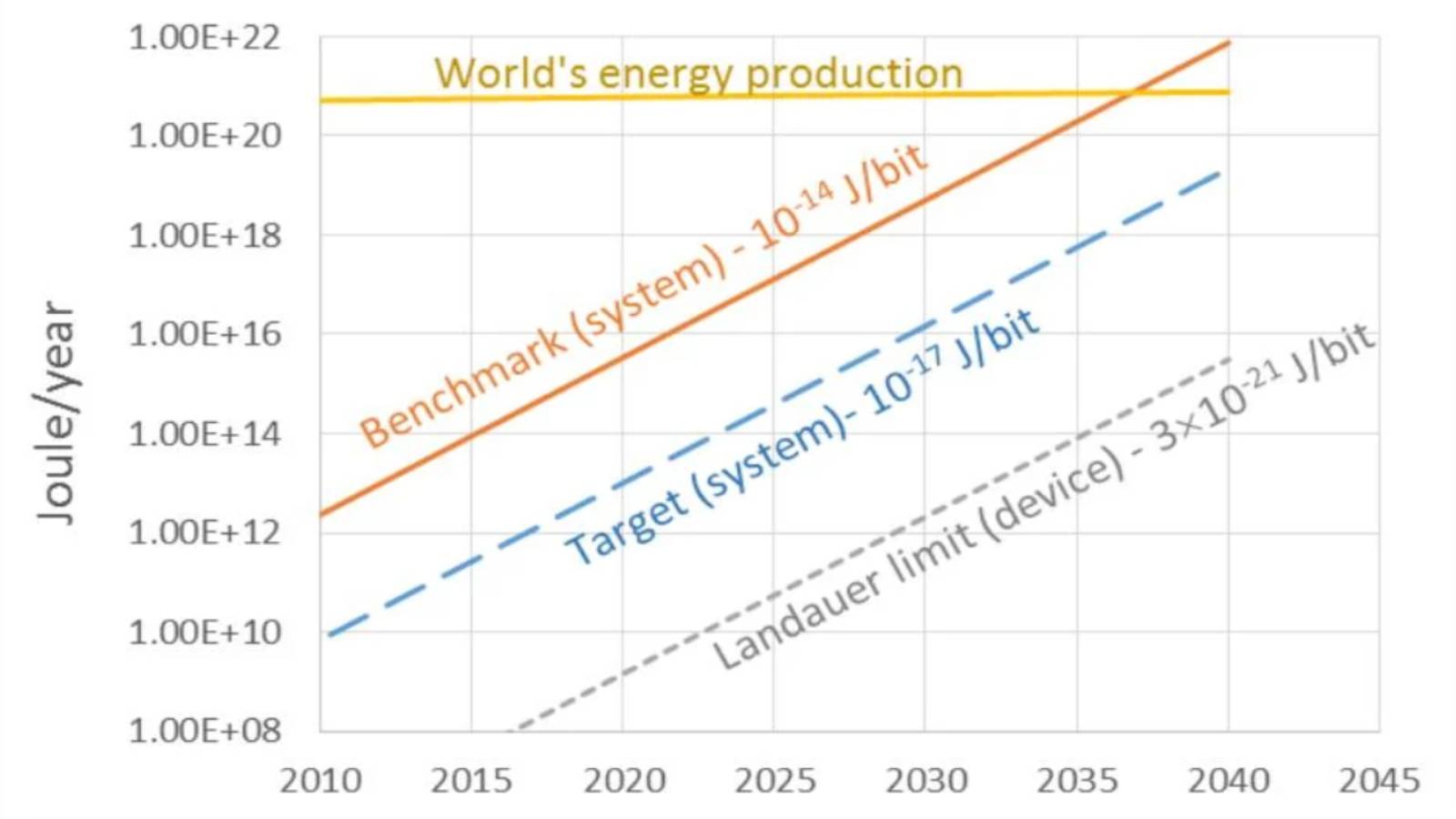Some Alienware gaming PCs are so powerful that six US states won't let you buy them due to their excessive power consumption.
Dell has announced that it is no longer shipping some of its popular gaming PCs after California and five other US states introduced restrictions on the amount of energy a personal computer could draw, as measured in kWh per year.
On the US Dell website, a prominent message on some configurations of the Alienware Aurora R10 and Aurora R12 desktop PCs reads: "This product cannot be shipped to the states of California, Colorado, Hawaii, Oregon, Vermont or Washington due to power consumption regulations adopted by those states. Any orders placed that are bound for those states will be canceled."
The issue is California and similar American states passing power consumption regulations on computer systems. A Dell rep confirmed to The Register that this was the case. "Yes, this was driven by the California Energy Commission (CEC) Tier 2 implementation that defined a mandatory energy efficiency standard for PCs – including desktops, AIOs and mobile gaming systems. This was put into effect on July 1, 2021. Select configurations of the Alienware Aurora R10 and R12 were the only impacted systems across Dell and Alienware."
- These are the best Dell laptops (and you can get them in California!)
- Can't get an Aurora R12? Our list of best gaming PCs might have something for you
- And in case you need it, here's how to build a PC
Analysis: cryptomining isn't the only problem when it comes to power consumption

The problem of growing energy consumption from computing might be most noticeable with the ongoing issues with cryptomining, but a report in 2015 from the Semiconductor Industry Association concluded that "computing will not be sustainable by 2040, when the energy required for computing will exceed the estimated world’s energy production."
The benchmark system they used to make their determination used 10 ^ -14 Joules/bit-transition, though processors today use less than that, about 10 ^ -17/bit-transition. This latter figure is considered to be a good target for efficiency standards, but as the graph above shows, it's still on pace to exceed global energy production sometime shortly after 2040. In all likelihood, even this target might be optimistic.
As a result, California and other US states have passed laws limiting how much energy a computer can consume, which will force industry to come up with new ways to improve the efficiency of their computers. So while some might complain that about "nanny-state" regulations getting in the way of their gaming, in the long run, it'll be better to have computers that are better at using less energy so you can keep gaming than not have enough energy to game at all.
- Stay up to date on all the latest tech news with the TechRadar newsletter
No comments:
Post a Comment